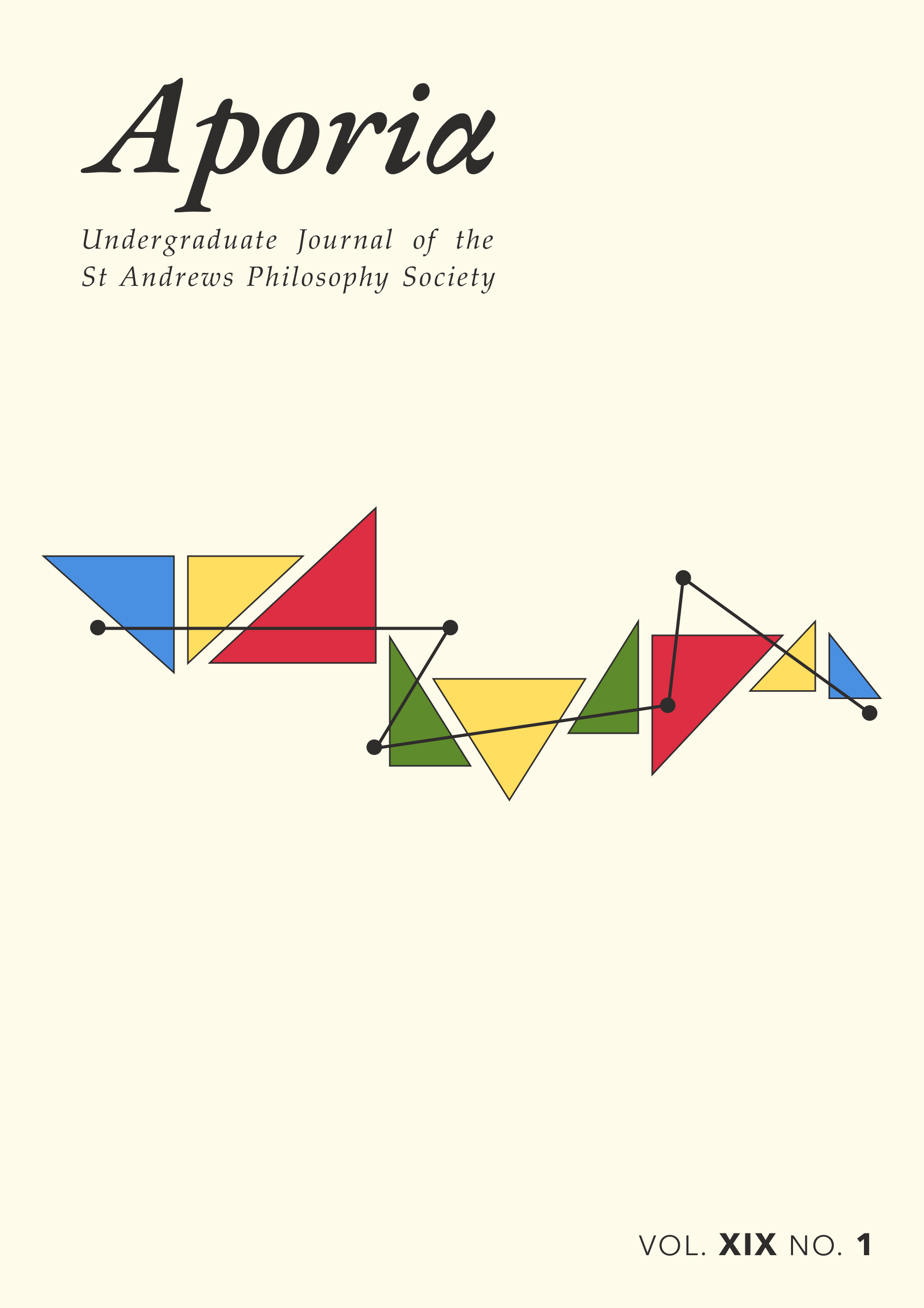Where’s the Harm in It? Distinguishing epistemic and moral harm in cases of epistemic injustice
Main Article Content
Abstract
At the heart of the epistemic injustice debate is Fricker’s claim that an agent can be harmed purely in their capacity as a knower. For Fricker, this harm occurs in cases of epistemic injustice, where an individual’s testimony is undervalued due to the prejudice of their audience. In this paper, I consider Fricker’s claim that these cases involve a ‘distinctly epistemic kind of injustice.’ I argue that Fricker relies too heavily on her virtue epistemological commitments which leads her to conπate moral and epistemic concerns in cases of epistemic injustice. Concluding that we therefore we need to be more precise about what it means for an agent to be harmed as a knower, in the second part of the paper I sketch a theory-neutral distinction between epistemic harms, where knowers are restricted from access to a knowledge exchange, and moral harms, where moral agents are negatively affected by morally impermissible actions. I suggest that this distinction can enable us to be clearer about the harm done in cases of epistemic injustice and help us identify who is responsible. The paper ends with suggestions for further research.
Article Details

This work is licensed under a Creative Commons Attribution 4.0 International License.
Author's retain copyright, but give their consent to Aporia to publish their work.

